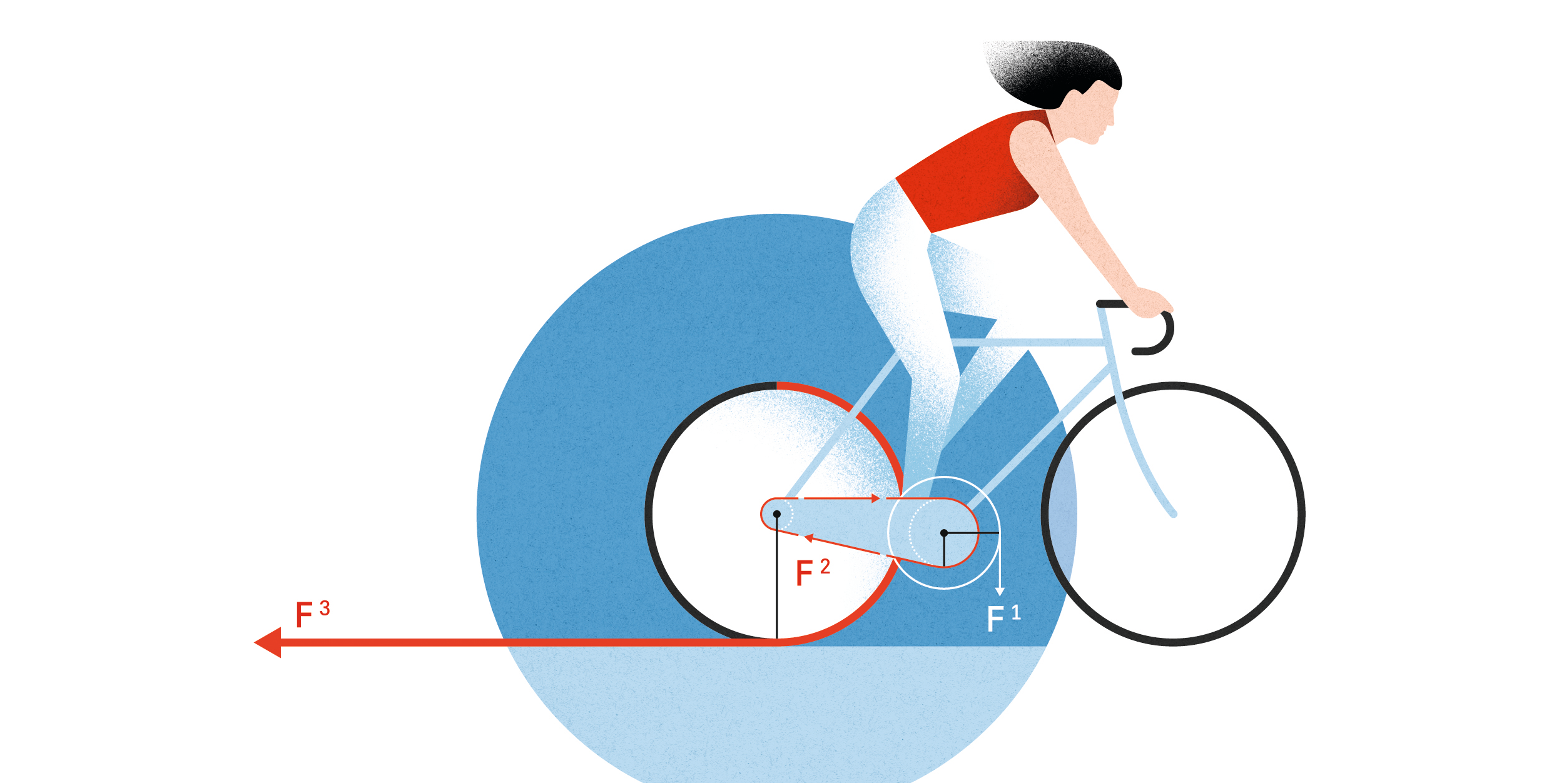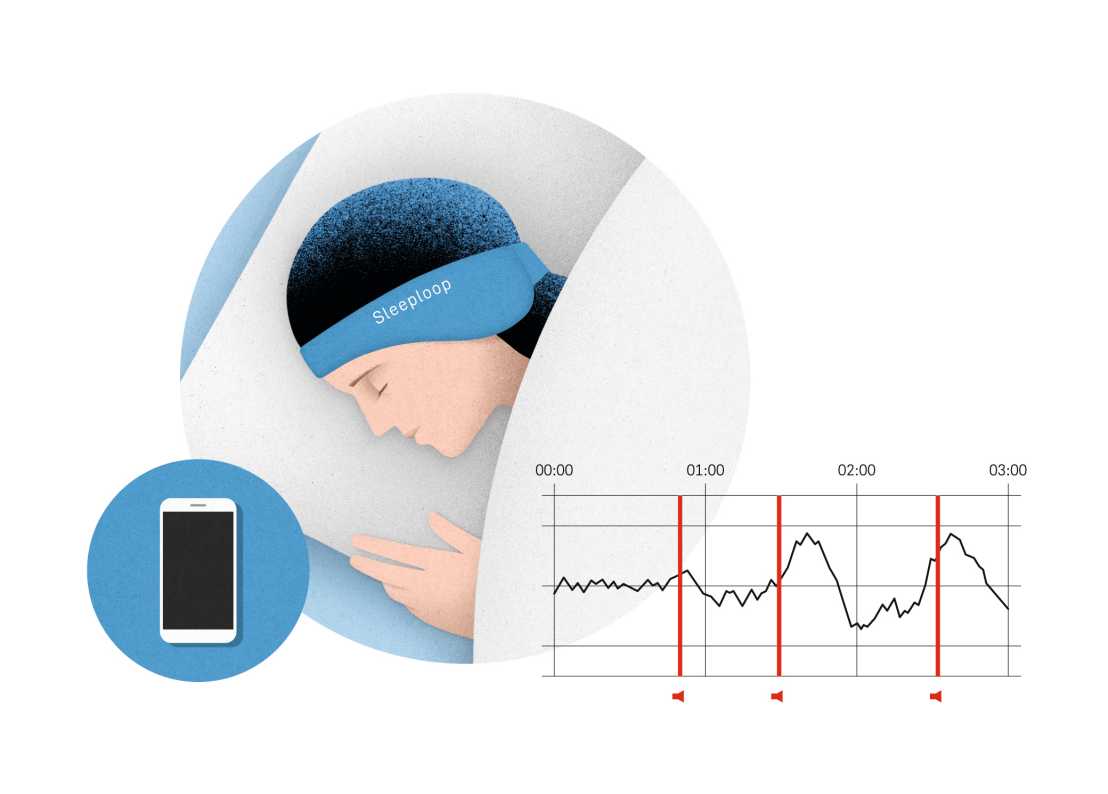Staying healthy at ETH
Day-to-day work at the university is physically and mentally demanding. What does this mean for our health? What can we do to improve our health and how can ETH help?

Wendy Altherr works in the Rector’s Staff team. Her work schedule is extremely busy, especially during the semester. On some days, meetings follow one after the other. Between work and her family life, often the only time she has left for exercise is when she is commuting. “I cycle to ETH every day,” says Altherr, who sometimes uses the bike sharing services provided by the ETH Mobility Platform. Despite her hectic work and family life, the 44-year-old feels fit and well balanced.
Many ETH members are in the same situation as Altherr: in the 2016 employee survey, 80 percent of respondents rated their overall state of health as good to very good. But what exactly affects our physical and mental well-being? And what does ETH offer to help us to improve our health?
Just one hour of exercise per week will help
“Rest, a balanced diet and regular exercise, in the right combination for each individual person, are the key to a healthy life,” says Katrien De Bock. The ETH professor studies how exercise impacts muscle development and health at a molecular level. “Exercise has a positive effect on the metabolism and the body’s energy supply, and it improves our ability to learn and remember information,” says De Bock. It also, she says, helps to make people feel happier, prevents depression and reduces the risk of cardiovascular illnesses and cancer.
“But that doesn’t mean you have to work out like an athlete,” says the researcher. “Just an hour of physical activity a week will have a positive effect on your health.” It might be as simple as walking the dog, or choosing to take the stairs every time instead of the lift. The important thing is regularity, and making sure that you enjoy your exercise.
When it comes to regular exercise, the Zurich Academic Sports Association (ASVZ) is the place to go. For just 210 Swiss francs a year, ETH employees can join students, trainees and alumni at 5 Sport Centers and a total of 48 additional sports facilities to attend classes or work out individually. There are over 120 different sports offered – from aikido to classic aerobics workouts to surfing – with some 600 classes per week, and 1,200 training courses and camps annually. If you are still looking for the perfect exercise and fitness programme, the ASVZ can help with personalised advice on topics ranging from sport to strength, health and nutrition.
Dietary fibre strengthens body and mind
ETH Professor Laura Nyström is studying how a fibre-rich diet affects our health. Fibres are a form of carbohydrates found primarily in fruits, vegetables and grains. It has a number of positive effects on our health: it supports a healthy metabolism and improves bowel functions. “Fibre reduces our cholesterol level, regulates our blood pressure and improves our cognitive abilities,” says the researcher, “plus it helps to prevent obesity as fibre makes you feel full for longer.”
The recommended intake is 25 to 30 grams per day. It doesn’t sound like a lot, but it can be difficult to reach this amount in everyday life: 100 grams of dark bread such as pumpernickel contains around 10 grams of fibre, whereas there are around 15 grams in 100 grams of chickpeas. Alongside fibre, it is important to make sure you eat enough vitamins and minerals and drink one and a half to two litres of water a day.
But your meal plan shouldn’t be too austere: “Food is more than just fuel,” says Nyström. “It should taste good and be something that you enjoy.” An important part of eating is the social aspect – having lunch together and chatting in your breaks. This also has a positive effect on your well-being.
Deep sleep provides rest

Taking breaks is extremely important: without sufficient rest it is impossible to stay healthy in the long term. To help with this, the ASVZ provides relaxation rooms in the CAB building, in the Uniturm and on the Hönggerberg campus, where people can use audio/sound and relaxation loungers. Classes such as yoga, autogenic training and meditation are also becoming increasingly popular. Doing regular relaxation exercises will ultimately help to improve sleep quality.
And sleep is crucial to our health – sleep problems not only impair our performance and concentration during the day, but can also lead to serious illnesses such as depression in the long term. Nevertheless, insufficient and irregular sleep is a widespread problem in society. “You should look after your sleep the way you look after your teeth,” says ETH professor and health scientist Walter Karlen. As part of the SleepLoop initiative, he is investigating how to make deep-sleep phases longer and deeper using brainwave stimulation, and the extent to which this has a positive effect on health and performance. He advises switching off your TV and smartphone half an hour before going to sleep and avoiding intensive sport, heavy meals and alcohol during this period in order to ensure a good night’s sleep. “Alcohol, like sleeping pills, does help you get to sleep but it alters the deep-sleep phases that are crucial to proper rest and should therefore be avoided,” says Karlen.
Your working environment affects your health
Insomnia can also indicate that the negative effects of work are having more of an impact than the positive, performance-enhancing factors. For example, being supported and valued by colleagues and supervisors and performing meaningful tasks with a clear professional purpose have a positive effect on health. Negative factors, on the other hand, include having too much or too little to do, unclear roles, time pressure or constant interruptions – in the 2016 employee survey, for example, over half of the 4,758 respondents said that they are frequently interrupted at work. Anyone who feels overloaded at work for long periods or feels that their work is affecting their health should speak to their supervisor.
The HR and SSHE departments offer a number of services to encourage employee health: there are numerous courses available and ETH members can also request personal consultations to determine which measures are right for them. This offering includes HR courses on how to optimise your organisation and workload, as well as courses from SSHE on staying healthy at work, including maternity, hand and skin protection.
Over the years, Wendy Altherr has found a way to recharge her batteries at particularly stressful times: “At the weekend, I spend as much time as possible outdoors with my family,” she says. “In the office, whenever I've completed a big task or dealt with something stressful, I take a moment to reflect and enjoy what I've achieved. That motivates me for the next task. For me, the best way to relax is to go swimming in the Limmat at lunchtime when it’s a bit quieter in the summer.”
